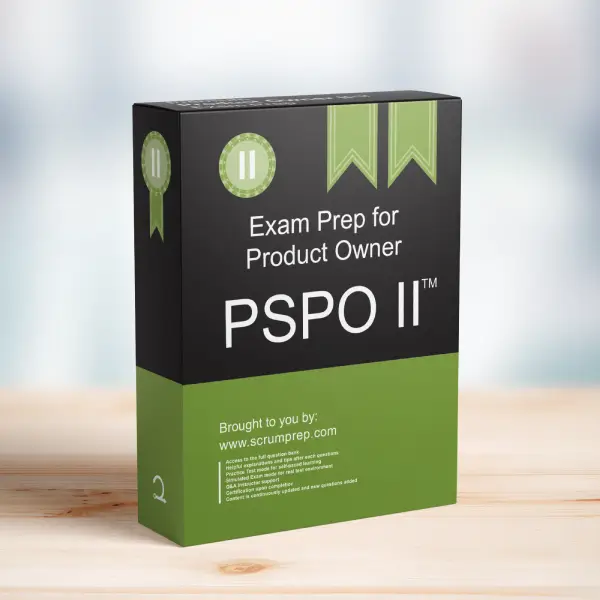Tester Accountabilities on a Scrum Team
Understanding the roles and accountabilities within a Scrum Team is crucial for effective Scrum practice. This article explores the accountabilities of a Tester on a Scrum Team and provides insights relevant to the PSPO II exam.
Exam Question
What are the accountabilities of a Tester on a Scrum Team?
(choose the best two answers)
A. There is no specific tester role.
B. Creating code coverage reports for the test manager.
C. Finding bugs to assure quality.
D. Everyone in the Scrum Team is responsible for the quality of the product.
E. Checking the work of the Developers.
Correct Answer
A. There is no specific tester role.
D. Everyone in the Scrum Team is responsible for the quality of the product.
Explanation
Correct Answers
A. There is no specific tester role:
In Scrum, there are no traditional roles such as testers, developers, or designers. Instead, there are only Developers, Product Owner, and Scrum Master. This cross-functional approach means that all team members contribute to all aspects of work, including testing.
D. Everyone in the Scrum Team is responsible for the quality of the product:
Quality is a collective responsibility in Scrum. All team members work together to ensure the product meets the Definition of Done and maintains high standards of quality throughout the development process. Even if an individual is performing a specific task, the Developers as a whole are accountable for the quality of the product.
Incorrect Answers
B. Creating code coverage reports for the test manager: This task-specific accountability is not in line with Scrum principles, where there is no separate test manager role, and tasks like code coverage reporting are shared among the team.
C. Finding bugs to assure quality: While finding bugs is part of maintaining quality, it is not the sole responsibility of any one team member. All Developers share the responsibility for identifying and addressing defects.
E. Checking the work of the Developers: In Scrum, there is no hierarchy where one member checks the work of others. Instead, the team collaborates to ensure the work meets the required standards.
Responsibilities in Scrum
- Product Owner: The Product Owner is accountable for maximizing the value of the product resulting from the work of the Scrum Team. They manage the Product Backlog and ensure that the team works on the most valuable items.
- Scrum Master: The Scrum Master facilitates the Scrum process and helps the team adhere to Scrum principles, ensuring that the team remains productive and focused on delivering value.
- Developers: Developers are responsible for turning Product Backlog items into Increments of value each Sprint. They work collaboratively, with shared accountability for the Sprint Goal and the quality of the product.
Relevance to the PSPO II Exam
Understanding that there are no specific tester roles in Scrum and that quality is a shared responsibility among all team members is essential for the PSPO II exam. This knowledge ensures that candidates appreciate the importance of collaboration and shared responsibility in achieving successful Scrum implementation.
Key Takeaways
- There is no specific tester role in Scrum; all Developers share responsibilities.
- Quality is a collective responsibility of the entire Scrum Team.
- Scrum emphasizes cross-functional teams where all members contribute to all aspects of work.
Conclusion
In Scrum, the absence of specific roles like testers and the collective responsibility for quality promote a collaborative environment that enhances product quality and team productivity. By understanding these principles, you can better appreciate the collaborative nature of Scrum and its focus on delivering valuable outcomes. For more information on preparing for the PSPO II exam, visit our PSPO II Exam Prep.



